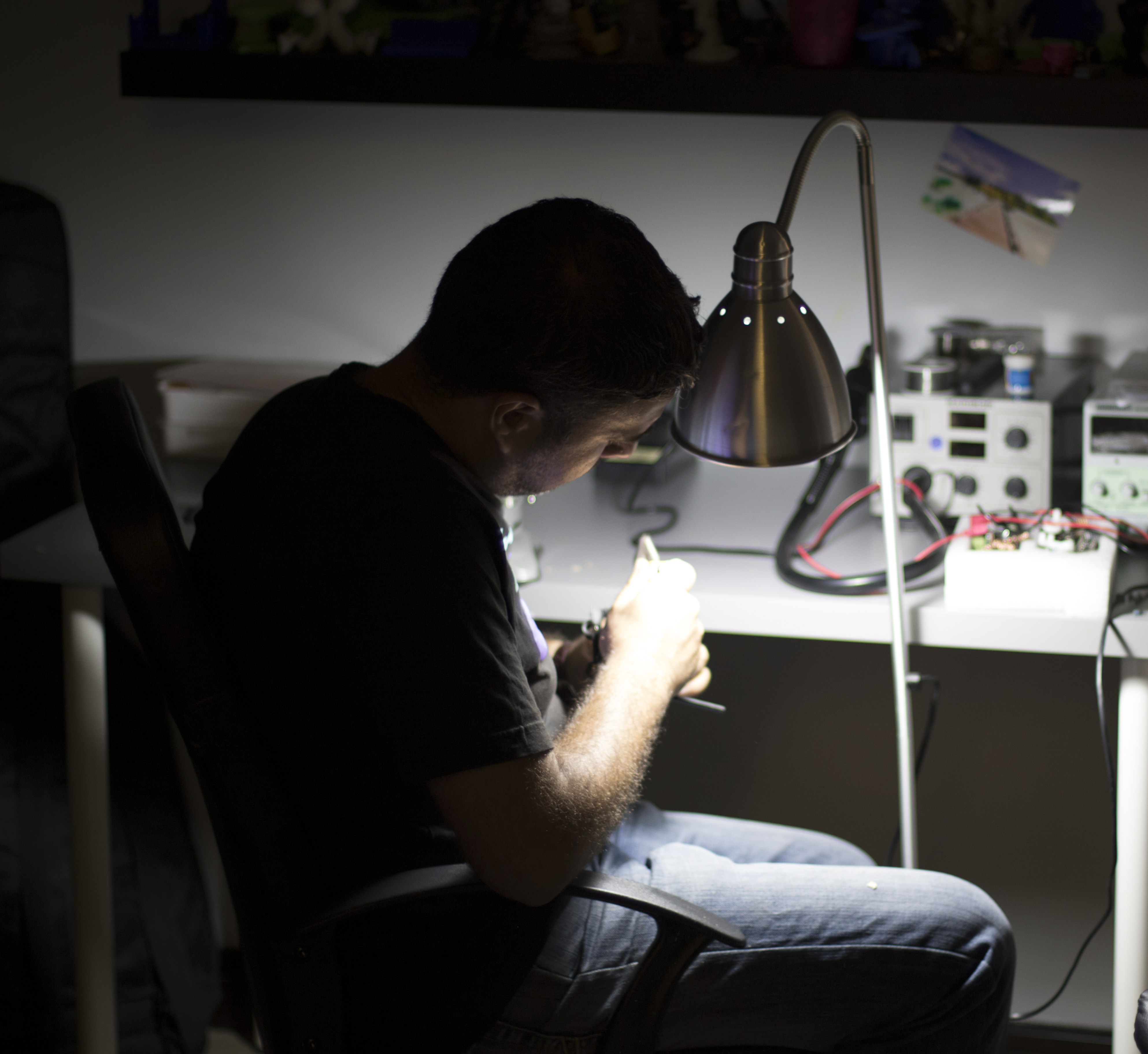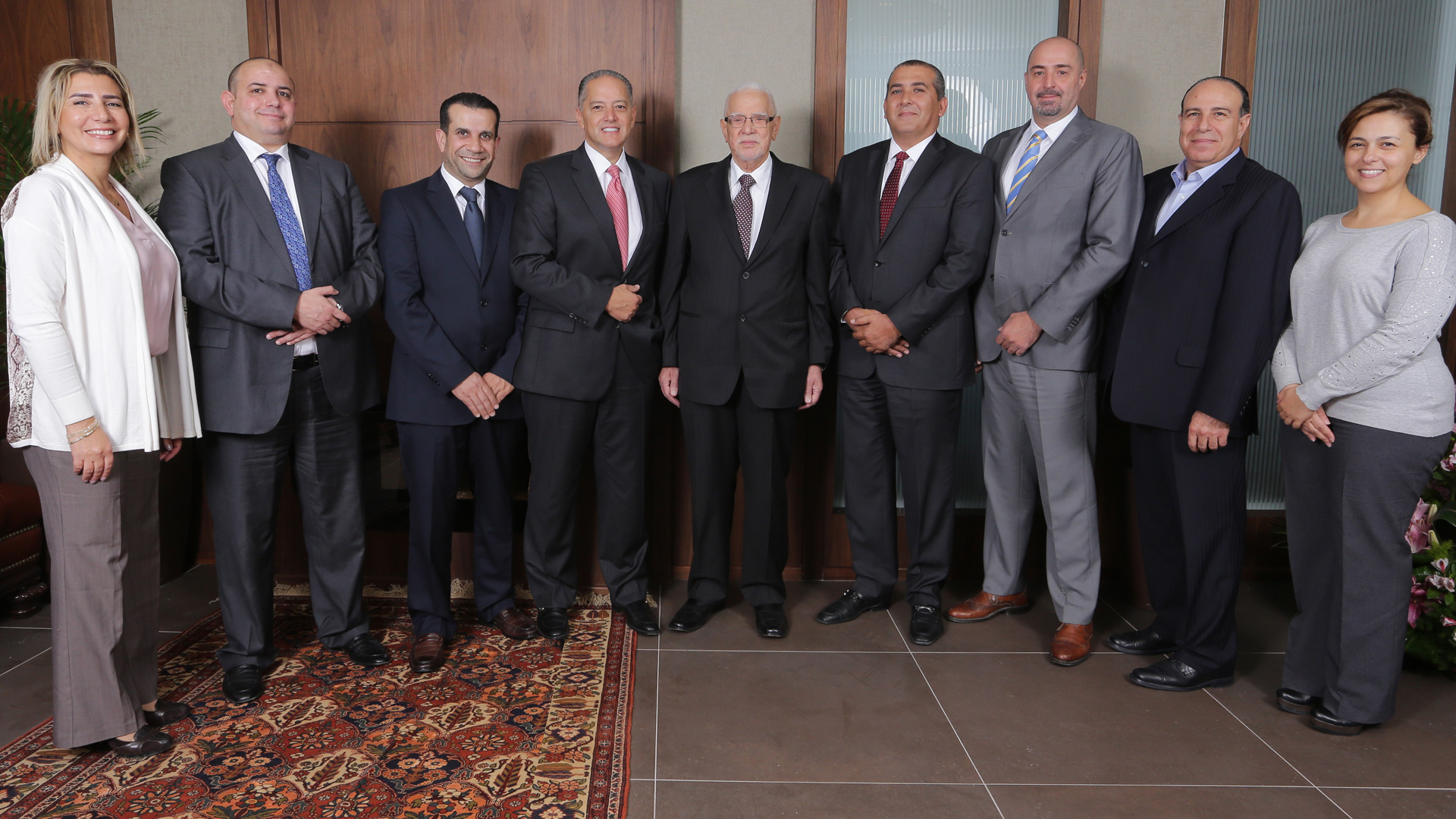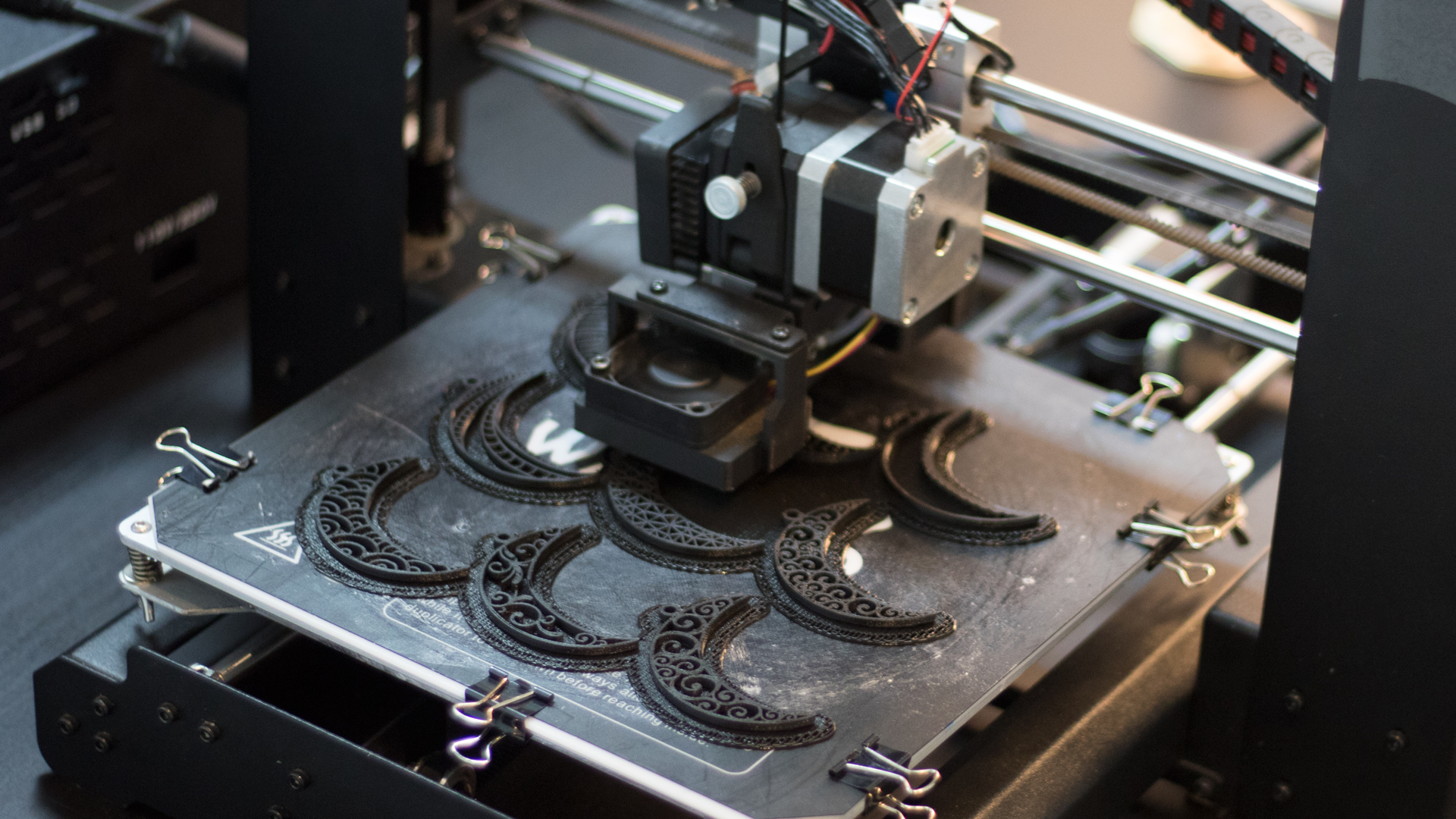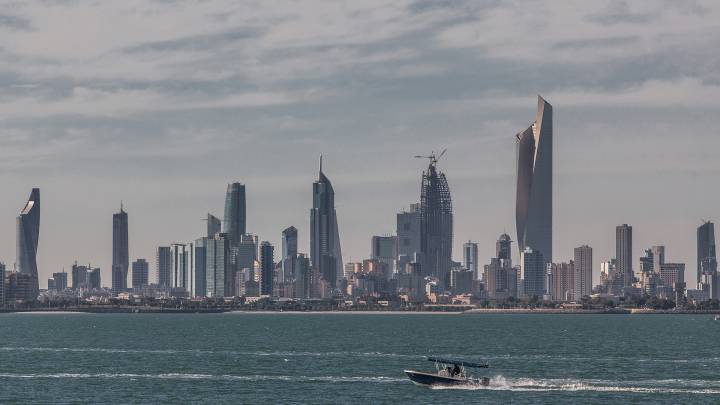Entrepreneurs from Jordan are making a global impact, despite the small country being surrounded by conflict and instability.
When Ghassan Mzayek and his siblings were young, they spent afternoons at the family flower shop. Their parents, refugees who fled Lebanon with almost nothing, opened it in 1979, inspired by an anniversary gift. The tiny store, where the children did their homework among plants and flowers, flourished, and within a few years the family had opened a second shop and a small nursery.
“We did things differently, it wasn’t just another flower shop,” Mzayek tells zenith from the company’s polished offices in Amman. “We always felt the potential for the flower shops was higher, and we wanted to expand into the region.”
To do that, the Mzayek family took a risk. They poured a huge proportion of their takings into guidance from international consultants, opened an office in Dubai, and extended their work to the corporate and hospitality world, creating flower solutions for international hotel chains in Syria and the Gulf. Alissar Flowers grew a name for itself by focusing on quality, design and customer service, but also by developing pioneering soil-free growing techniques and environmentally friendly methods.
Jordan faces its share of obstacles in business, but Alissar’s story is one of many successes from a blossoming scene. With a small economy possessing almost no natural resources, its neighbourhood shattered by conflict and the government reliant on international aid to balance its budget, Jordan’s entrepreneurs have plenty of reason to look for more dynamic markets overseas.
With a population of around nine million, opportunities for growth within the country are limited and expansion abroad is sometimes about necessity as much as ambition, Rasha Manna, managing director of Endeavor Jordan, tells zenith. “It’s not like Egypt or Turkey. For a lot of the entrepreneurs, to scale means to expand outside of their country.”
Space to grow
At King Hussein Business Park in the west of Amman, startups can find office space at reduced rates and enjoy seminars and talks, shared workspaces and an airy, clean campus packed with other entrepreneurs and multinationals. “It’s a bit like a Silicon Valley in Jordan,” says Nasser Saleh, CEO and founder of Madfooat, an e-payment company working to wean Jordanians off paying with cash. “You have access to support from multinationals, there’s talks and speakers. You walk around and see companies succeeding... it’s inspirational.”
Both Madfooat and Alissar are part of the Endeavor network. Mzayek credits Endeavor with encouraging the company to seek outside investment – a tough decision for a fully family-owned business, but one that he believes will pave the way for huge growth in the coming years. “You need guidance. You need someone to take you by the hand, to tell you what to do,” he said of the experience. “They're helping the entrepreneurs and startups to think differently, and to think big.”
When entrepreneurs talk about business potential, they repeat the same refrain: what Jordan lacks in natural resources, it makes up for in human capital. But that, too, isn’t a guaranteed resource. The country’s current unemployment rate is 16 per cent and some 40,000 graduates enter the workplace each year, but many employers, including Mzayek, complain that finding the right people is difficult. Namek Zu’bi, founder of Silicon Badia, echoes his concerns. “We’re not finding a dearth of extremely capable talent, but we’re finding people in the hundreds, not the thousands,” he tells zenith.
“If we look at the majority of Jordanians, the startup culture is not common,” explains Baha Abu Nojaim, founder of tech startup Mixed Dimensions. Nojaim's company, one of the many tech businesses now coming out of Jordan, makes 3D printing possible for ordinary people by easily remodelling virtual creations – characters in video games, for example – into figures that can be printed out in the real world. It’s a field that requires a high level of technical knowledge as well as drive and competitiveness, a combination of skills essential for businesses to flourish globally, but which in Jordan is still relatively unusual. “Creating new businesses isn’t something that comes naturally to people. They fear it,” Abu Nojaim explains. “There’s a lot of things that need to be demystified.”Abu Nojaim’s big break came when he and his co-founder were invited to Alchemist, one of Silicon Valley’s top-rated accelerators, for a year of intense networking, mentoring and training in the heart of the tech world. It was the opportunity of a lifetime, but competing as an outsider wasn’t always easy. “You’re different from the beginning when you’re a Jordanian in Silicon Valley,” he explained. “Not being ex-Google or a Stanford graduate creates so much challenge – in getting access to people, funds, access to the tech community.”
They now hope to share the skills they learned as outsiders to further business and talent growth at home. They run Hackatari, an innovation forum where graduates get industry experience developing products in teams and competitions. Training and investing in raw local talent makes more financial sense than hiring the top players from abroad, and it’s a step towards a culture of excellence and ambition that will help Jordan compete on a global scale. “You’ve got to be the best to survive and to grow,” Abu Nojaim explains.
Not like the EU
The headquarters of Pharmacy1, richly furnished, decked with gold upholstery and scattered with wrapped sweets for guests, are cut from a much more traditional cloth, but the firm’s vision is also rooted in sectoral innovation. When Amjad Aryan founded the company in 2001, he created a rapidly expanding brand that aimed to do things differently, making the pharmacist a healthcare professional rather than a merchant, able to provide top-level patient care and advice. He developed a computing system and drug information centre, and focused on extensive, ongoing staff training and a trusted brand. “We concentrate a lot on the human element,” he tells zenith. “The things we’ve done in Jordan are things retail pharmacies don’t typically do.”
The company now sees 15-16,000 customers pass through its doors every day and employs around 750 people across 76 branches. It recently introduced innovations including braille instructions for medication and customer service through sign language. Growth beyond Jordan, however, has been tricky. Branches opened successfully in Kurdistan, but expansion into Saudi Arabia ran into legal problems and is stalled for now.
There are many practical considerations that complicate regional expansion. In the Gulf, it’s the requirement for national partners; Lebanon prohibits chain pharmacies; Palestinian branches would face controversy due to Hebrew-printed medication; Iraq and Syria are closed off by war. Aryan finds the lack of awareness about this frustrating. He recalls travelling to Monte Carlo after being nominated for an entrepreneur of the year award, and realising that few other nominees understood the limitations.
“They couldn't comprehend why we weren't expanding outside the borders of Jordan,” he says. “They were thinking that we are like the European Union, that the laws were the same and we could just expand.”The obstacles aren’t all bad, though. They’re the reason Pharmacy1 is expanding beyond the Middle East. “We started looking at Europe because war is all around us,” Aryan says. He believes Greece has the greatest potential. Expansion would likely mean working with European partners who “really know the market” and the financial context. “We can't do it alone,” he stresses.
What it comes to regional expansion, Alissar Flowers has had more luck. Moving a big portion of operations to Dubai was game-changing for the company, giving it access to major contracts with the Qatari government and international hotel chains. Providing flowers for big names like Four Seasons is now a huge chunk of the company’s trade, and dealing with business requirements in the Gulf has been a necessary learning curve. “Once you open in one of the Gulf Council Cooperation countries, you know what you need to do. And once you open in the GCC – well then, it’s easier everywhere else,” says Mzayek.However, the low price of oil has slowed business in the GCC, where traditionally many Jordanian companies have looked for growth and profit. Alissar plans to expand beyond the Middle East, setting its sights on Southeast Asia next year.
In the middle of a war-torn continent, struggling with a refugee crisis and contemplating economic insecurity in the Gulf, Jordan has every reason to be anxious about its trade future. But for the entrepreneurs going global here, obstacles are still opportunities.
“The Middle East can export knowledge, businesses, entrepreneurship to other countries. They don’t only export terrorism like a lot of people think,” Aryan says. “We have the willpower, we have the know-how, we have the team and the guts to actually make it.”









